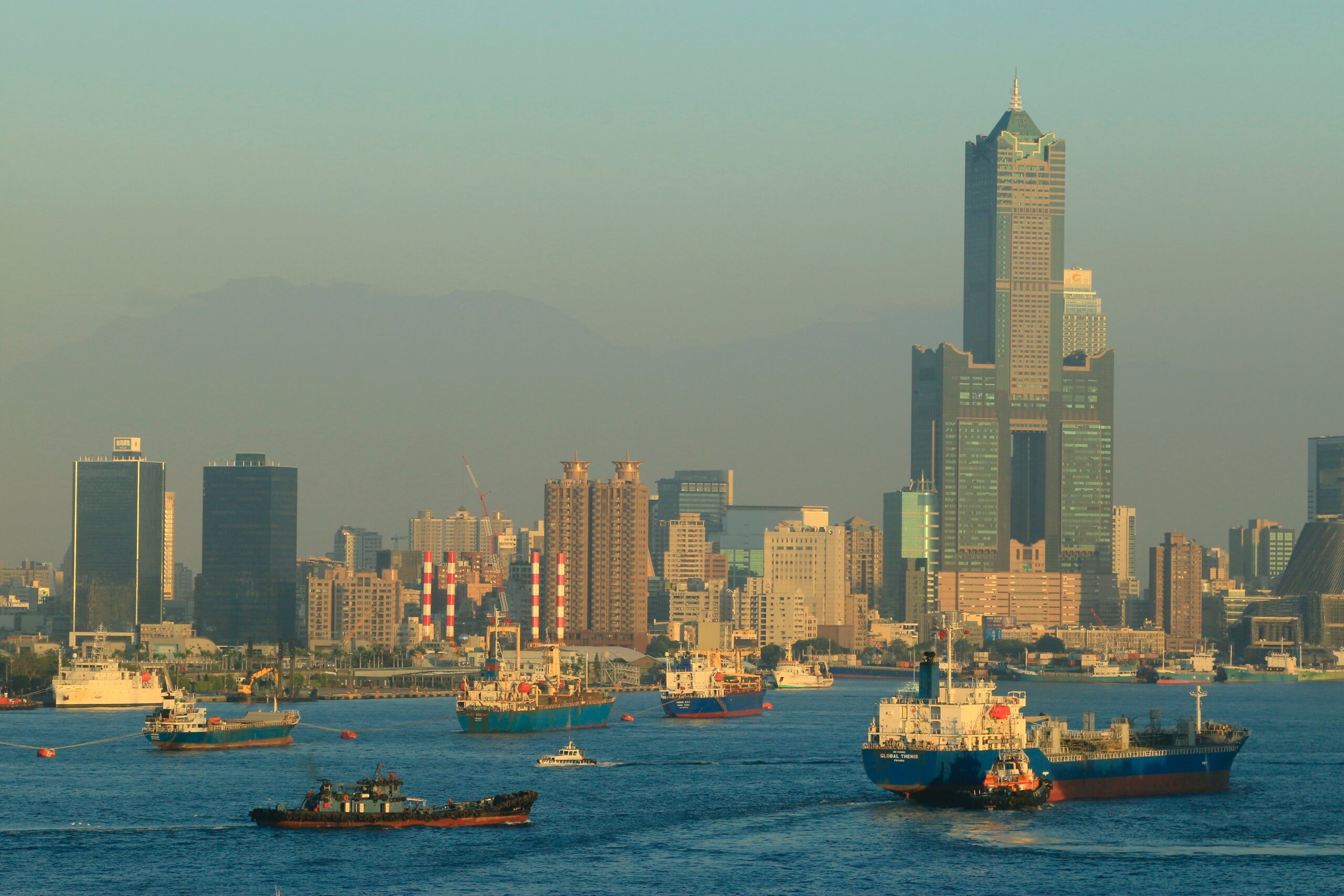
The Winkler corporate team represents both local Taiwan manufacturers and foreign product purchasers. We draft and review manufacturing and supply agreements on a routine basis. The team covers a variety of industries, from bicycles to smart electronic switching equipment. Over many years, we have noted similar business and legal issues arising out of manufacturing relationships regardless of industry.
We have collected some of these recurrent issues and are setting them forth in a series of articles. This first article outlines some threshold matters which are important to consider when initiating any manufacturing relationship in Taiwan. Some of our advice on these threshold matters set out below may seem to be mere common sense. However, due to the number of times we have seen them create problems, we feel they are worth emphasizing.
- Know your partner. If you are a foreign company engaging a supplier or manufacturer in Taiwan, please do adequate due diligence on your potential Taiwan partner. The due diligence exercise should cover all matters which could impact the future business relationship, including (but certainly not limited to) inquiries into the partner’s financial position, product quality, market position and reputation, ownership structure, and key personnel.
One aspect of the diligence exercise that is often overlooked is understanding the internal relationships and culture of the partner, which may be opaque to the uninitiated foreign company. Even many publicly listed companies in Taiwan are controlled by a single group or family. Do not expect these companies to make decisions in the same way that a US or European listed company would make them. - Involve legal teams early. Business teams typically drive initial contact with potential new suppliers. We have seen relationships progress quickly and without legal teams being involved until after products have been designed, molds and tooling purchased, and the first production runs completed. In these cases, the foreign purchasers invariably expose themselves to all manner of legal and financial risks.
While we would advocate for the signing of a formal master supply agreement (see below), even absent a formal agreement, the guiding hand of one or more legal team members could avoid or mitigate much of the risk created in these accelerated ramp-up scenarios. Among other things, legal team members can help segregate key intellectual property, ensure proper protection of trade secrets and confidential information, and begin identifying other key risk areas. - Sign a master supply agreement. One of the best tools to mitigate risk in supply relationships is to negotiate and sign a master supply agreement prior to any assets (tangible or intangible) trading hands. Negotiations often illuminate issues that are of primary importance to one or both of the parties as well as give insight into the counterparty’s culture and decision-making process. Signing a comprehensive master supply agreement provides a firm foundation for a constructive supply relationship by clearly aligning expectations and allocating related risks between the parties.
In subsequent articles we will address topics which the team recommends be included in any master supply agreement, including intellectual property protection, third-party contractors, and dispute resolution mechanisms and enforcement.
If you have any questions or require assistance with your supply relationships in Taiwan, please contact Greg Buxton at gbuxton@winklerpartners.com.
Written October 31, 2023 By Gregory A. Buxton.
